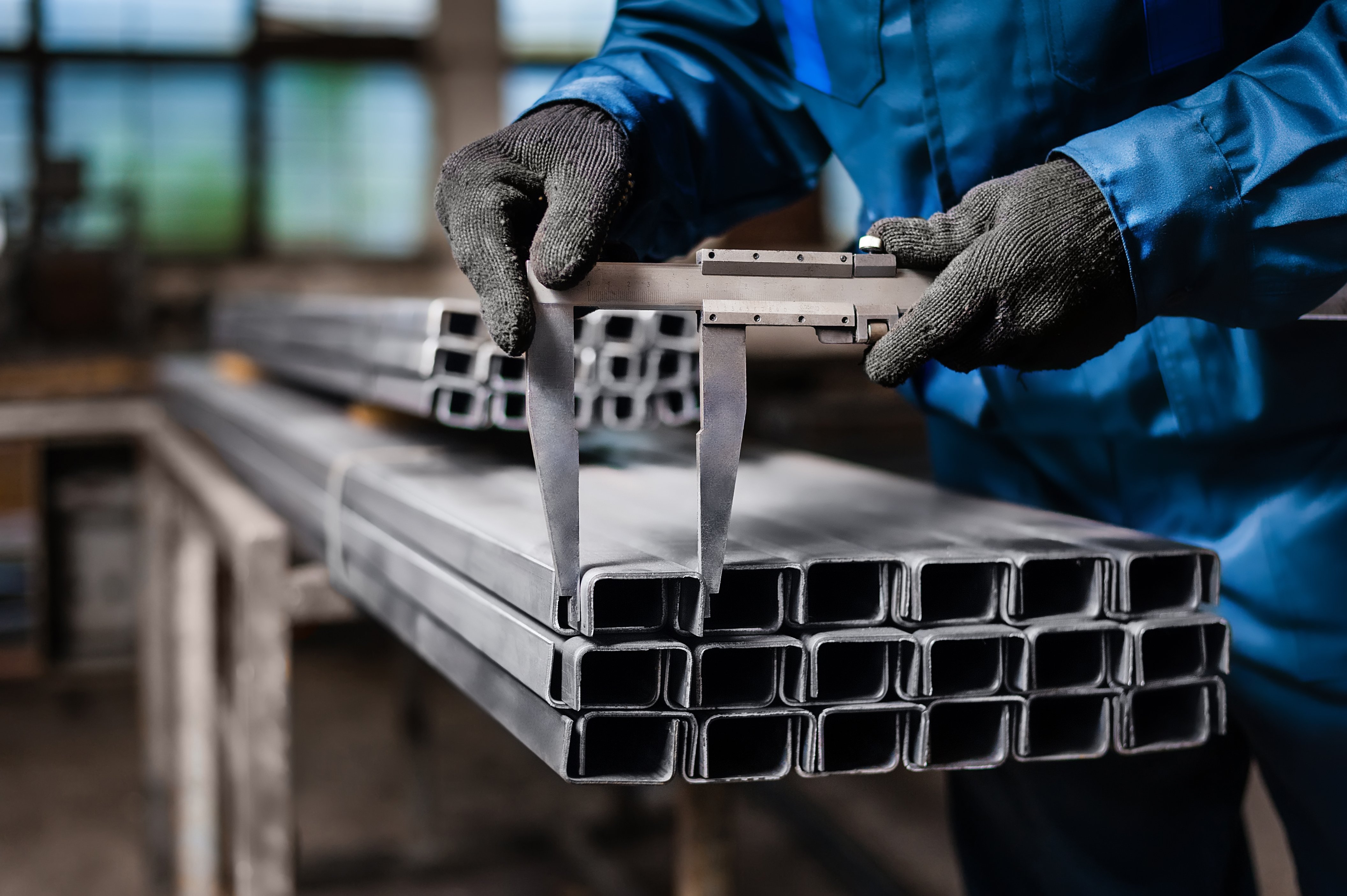KEY POINTS
-
Israel’s overnight missile barrage against key Iranian sites caused oil prices to spike, signaling new inflationary pressures for energy-intensive construction materials like steel and aluminum.
-
Rising oil prices directly increase steel and aluminum production costs.
-
Construction professionals should prepare for higher metal costs, potential project delays, and increased market volatility.
In an escalation overnight, Israel launched a missile barrage against key Iranian sites and military leaders.
The immediate market reaction has been swift: oil prices jumped over $5 per barrel, or 7%, to around $73 per barrel. For North American construction professionals, this development signals another round of inflationary pressures, especially for steel and aluminum.

A chart of oil prices on the left scale and the cost of metal prices on the right scale reveals the close link between the two. Image: ConstructConnect
Linking Energy Prices and Metal Costs
Steel and aluminum production are highly energy-intensive. Any significant spike in energy costs, driven by oil price volatility, translates directly into higher input costs for these essential construction materials.
ConstructConnect Chief Economist Michael Guckes said, “Industry concerns about managing steel input costs to construction just became more complex with the latest clashes in the Middle East.”
Guckes added, “The data show a long-running, tight connection between oil prices and energy-intensive metal production costs. The jump in oil prices in response to the events in Iran on June 13th could quickly worsen an already difficult picture for metal prices.”
Tariffs Compound the Pressure
The latest round of 50% tariffs on steel and aluminum imports, announced earlier this month, is already reverberating through the North American market. These tariffs are expected to raise costs across a wide range of products, from vehicles and appliances to building materials and construction projects.
What Construction Professionals Can Expect
Given the current situation, construction professionals should consider the following:
-
Prepare for higher structural steel and aluminum costs, driven by increased energy prices and an evolving tariff environment.
-
Expect a worsening potential for project delays or budget adjustments as suppliers adjust pricing to reflect rising input costs.
-
Anticipate increased volatility in the metals market, which could make procurement planning and risk management more challenging.
The recent escalation in the Middle East and a wide-reaching and evolving tariff policy are poised to push steel and aluminum prices even higher in the coming weeks.
Construction professionals should monitor market developments closely and consider proactive strategies to mitigate the impact on existing and future projects.
About ConstructConnect
At ConstructConnect, our software solutions provide the information construction professionals need to start every project on a solid foundation. For more than 100 years, our insights and market intelligence have empowered commercial firms, manufacturers, trade contractors, and architects to make data-driven decisions and maximize productivity.
ConstructConnect is a business unit of Roper Technologies (Nasdaq: ROP), part of the Nasdaq 100, S&P 500, and Fortune 1000.
For more information, visit constructconnect.com








